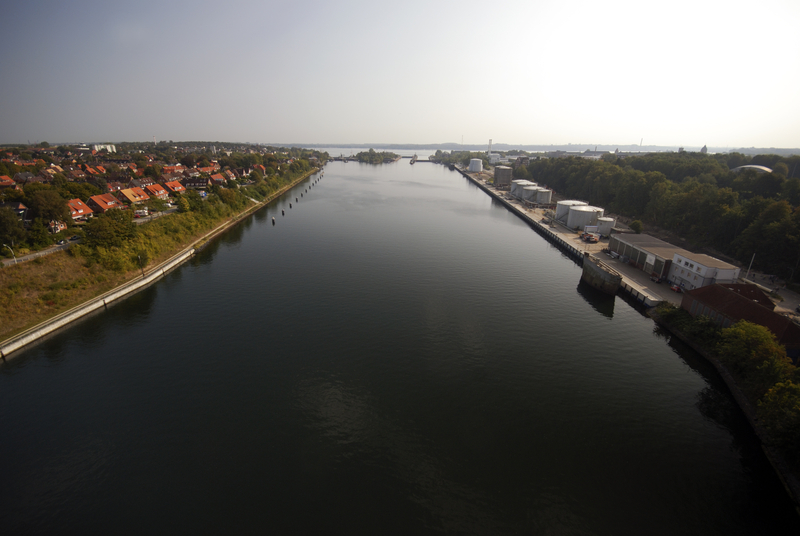
Germany has announced plans to press ahead with building its first liquified natural gas (LNG) shipping terminals to reduce the country’s dependence on Russian natural gas.
The move was announced by Chancellor Olaf Scholz during a special Sunday session of the Bundestag called to discuss German policy in the wake of Russia’s invasion of Ukraine.
The possibility of building an LNG terminal at the port of Brunsbüttel on the mouth of the Elbe was first raised in 2018, and a tender was launched in 2019 (see further reading).
However, progress on the scheme had been slow, partly as a result of opposition from environmental activists led by climate justice group Ende Gelände.
The government now seems likely to expedite this project, and another to the west at Wilhelmshaven.
The Brunsbüttel project, which has a price tag of €500m in 2019, is being developed by Dutch energy infrastructure specialist Gasunie.
It released a statement the day after Scholz’s announcement saying talks with the federal government about Brunsbüttel were “in the final stage”.
It said: “Gasunie hopes to start construction of the terminal before the end of the year. In addition to LNG, this terminal will be made suitable for importing green hydrogen as well.”
Scholz also announced plans to increase the amount of natural gas in long-term storage to 2 billion cubic metres.
At present, Germany gets about 40% of its natural gas from Russia. It had aimed to double that by certifying the $11bn Nord Stream 2 pipeline. This process now looks to be off the table for the foreseeable future.
The chancellor added that the Ukraine crisis underlined the need to move to renewable energy.
“The events of recent days and weeks have shown us that responsible, forward-looking energy policy is not just crucial for our economy and our climate. It is also crucial for our security,” he said.
“This means that the faster we make progress with the development of renewable energies, the better.”
He added that the decision to press ahead with the LNG terminals fitted with Germany’s plans to cut its carbon emissions because they could be used to import green hydrogen.
Germany has set a target date of 2045 to become carbon neutral.
Olaf Lies, the energy minister for Lower Saxony, which contains Wilhelmshaven, welcomed the decision to build the terminals.
He said: “We must make ourselves self-sufficient from one-sided dependencies as quickly as possible. There is no longer any doubt that imports from Russia can no longer form the basis of our security of supply.”
Further reading:










